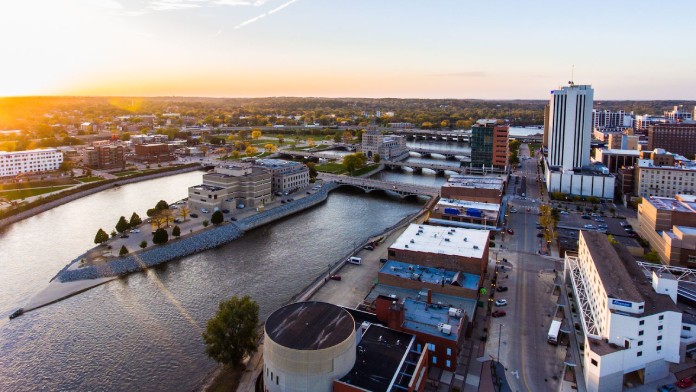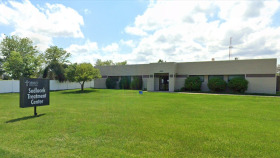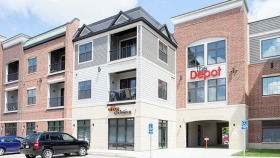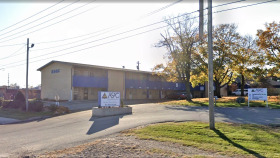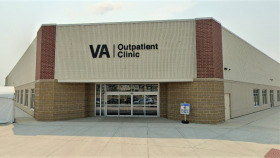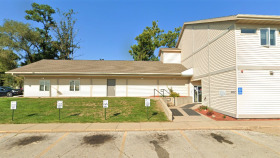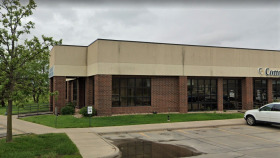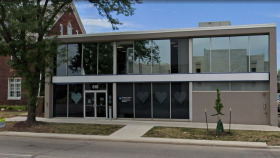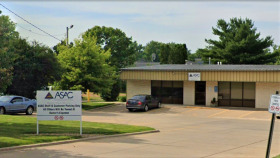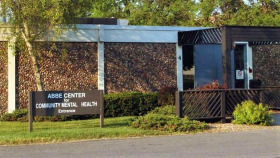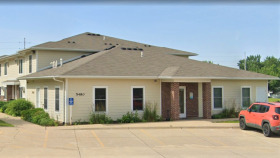Expert Insights
Many people wouldn’t associate narcotics trafficking and violent crime with the state of Iowa or the Cedar Rapids area as a whole.
Unfortunately, drugs and addiction have touched every inch of this country, from the smallest small towns to the largest metro areas. I was recently reminded of this when reading about the Cedar Rapids Police, Northern Iowa Fugitive Task Force, and other local, state, and federal law enforcement agencies recently completed “Operation Corridor Roundup.”
The 60-day effort nabbed 37 fugitives and seized mass quantities of narcotics. The operation started in April and focused on the Cedar Rapids area. And they estimate around 90 percent of the people arrested lived in the Cedar Rapids and Linn County area.
~ Natalie Baker
Paying for Alcohol and Drug Rehab in Cedar Rapids
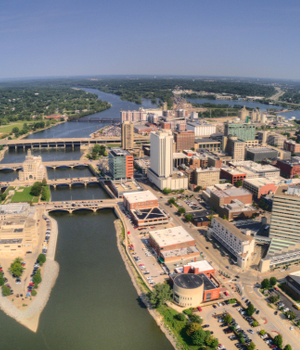 If you are concerned about how to pay for medical detox or addiction treatment care, you have a number of low-cost and free options available. The following are just a few of those options.
If you are concerned about how to pay for medical detox or addiction treatment care, you have a number of low-cost and free options available. The following are just a few of those options.
- Scholarships: A rehab scholarship is a monetary award given by a treatment center to pay for the cost of your treatment. These funds don’t have to be repaid, but you may have to fill out an application and go through a process to be approved.
- State-Funded Rehab Centers: State-funded programs receive government grants to provide low-cost or free care to those in need. These types of addiction treatment centers are usually only available to those who have a low or no income. State-funded rehabs may include methadone clinics that treat opioid use disorders.
- Charitable Organizations: A number of charities offer free or low-cost care to those in need. These organizations are usually funded by charitable donations from individuals who support the charity monthly.
Free and low-cost drug and alcohol programs are available in Cedar Rapids, including these locations:
- Mental Health Access Center
- The Salvation Army at 1000 C NW Avenue
Private Health Insurance, Medicare, and Medicaid
Private health insurance can help pay for the costs of rehabilitation. If you do have private insurance like Cigna or Aetna, you can use your insurance to reduce or eliminate the costs associated with attending treatment.
Check with your insurance provider before attending rehab to make sure that your program or facility is in-network with your provider.
If you don’t have private health insurance, you still have options available to pay for care. You may qualify for Medicaid or Medicare.
Medicaid is a state and federally-funded program that offers health benefits to individuals and families who have a low income. You may also qualify if you are disabled.
Medicaid covers both drug and alcohol rehab. The treatments that Medicaid covers includes:
- Inpatient
- Outpatient
- Medical detox
- Crisis response
Medicare is a federal program that offers health benefits to individuals aged 65 and older. Medicare covers drug and alcohol rehab as well. Some of the treatments covered include:
- Any medications prescribed while in care
- Outpatient
- Inpatient
- Hospitalizations due to substance use
- Follow-up visits
- Patient education regarding substance use disorders
Medicaid and Medicare can make rehab more affordable by reducing or removing the costs associated with treatment. To qualify for Medicaid in Iowa, in addition to having a low income, you may also have to prove your citizen status, Iowa residency, and any assets you may own. To qualify for Medicare you must be aged 65 years or older. Qualifications are made through the Social Security Administration.
Resources
- Cedar Rapids, IA. (2022). Welcome to the City of Cedar Rapids, Iowa.
- Iowa Department of Public Health. (2019). 2018 State of Iowa Substance Use Epidemiological Profile.
- Iowa Department of Transportation. (2021). Iowa OWI Revocations by Year and County 2001-2020.
- Iowa Total Care. (2022). Benefits Grid.
- Center for Medicare Advocacy. (2022). Medicare Coverage of Mental Health and Substance Abuse Services.

